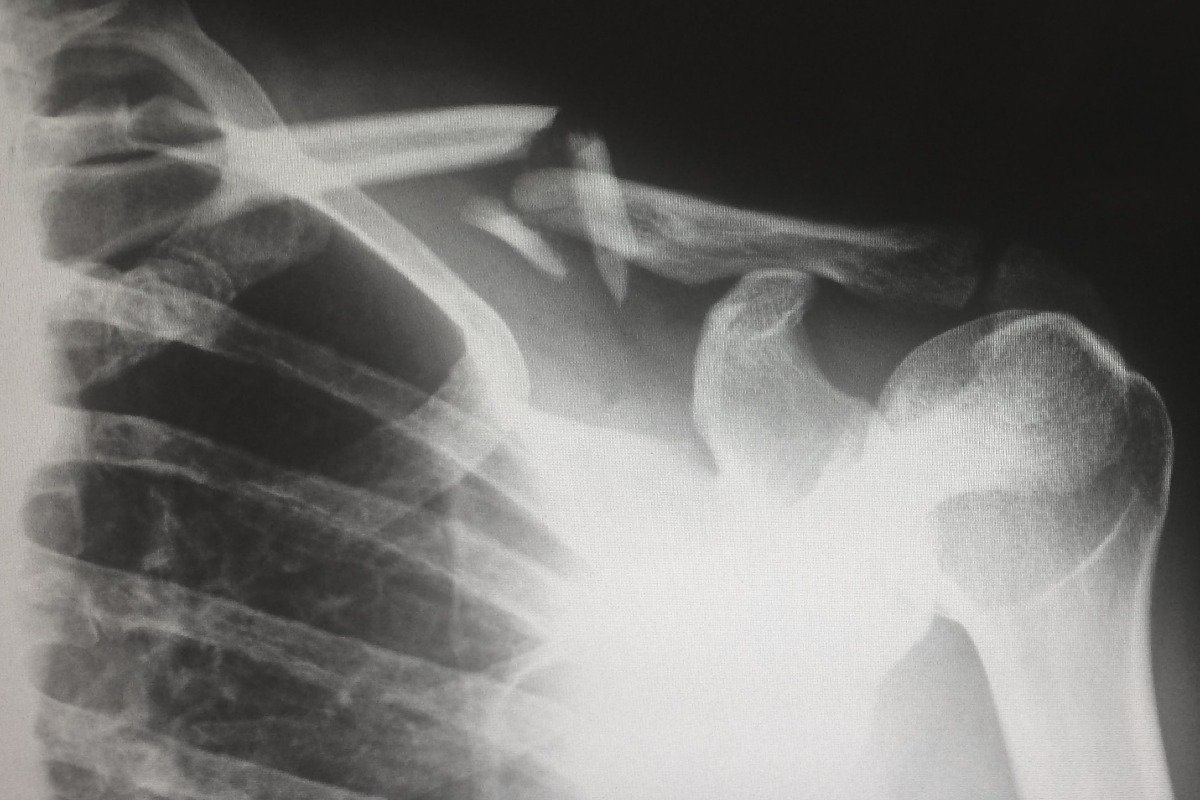
Often, opioid addiction starts with a similar outline. Someone broke an arm or leg. Perhaps they pulled a muscle in their back, or they had dental surgery. As a result, a doctor prescribed medication to help manage the pain while the body heals. The injured person took the medication as directed and found that it helped with the pain. That’s how it’s “supposed” to go.
From Pain Management to Addiction
Research tells us that sometimes after the medication runs out, the person still feels a nagging pain. Or the body thinks it feels pain. This is because the medication felt so good that it no longer feels okay without the medication running through its system.
When this occurs, the system fails. Sometimes the doctor prescribes a little more medication out of good faith that it’s not a developing addiction. However, sometimes the doctor refuses. Either way, the body tells the person that it needs more medication.
Pretty soon, the body decides it needs medication all the time to feel “good” or “normal.” Suddenly, a person who never thought they could struggle with addiction finds themselves in a situation where they’re compromising their character, finances, relationships, and job to give their body and mind what it thinks it needs to function daily.
Unfortunately, the risk of opioid misuse can’t be determined before they are prescribed to manage pain. While studies have shown that a variety of factors can influence the risk for opioid addiction, predicting its occurrence is improbable. The truth is pain management is necessary at times, and with that necessity comes a certain amount of risk when opioids are involved. Perhaps one of the keys to avoiding addiction is to recognize its early signs.
Early Signs of Opioid Addiction
Opioid addiction can be sneaky and can often go unnoticed unless an individual is willing to practice an extreme level of openness and honesty with themselves. Below are a few signs of opioid addiction:
- Lying about opioid use: Lying about opioid use is a clear indicator that the individual knows there is a problem they are not willing to recognize.
- Mood swings: Often, a person no longer feels like “themself” unless they are under the influence of a substance they have grown to rely on. As a result, uncontrollable mood swings take over until the need for a substance is met.
- Stealing to support a habit: Whether stealing the money to buy opioids illegally or stealing opioids from those who have a legitimate prescription, at this point, the drug has taken over.
- Changes in physical appearance: Weight loss, shakiness, and a pale demeanor are common side effects of opioid abuse.
These are just a few signs of opioid addiction. If any of these symptoms appear, immediate intervention and treatment are the best way to stop it in its tracks. Opioid addiction is a destructive force that has many consequences.
Although prescription opioids are a popular method of pain management, it does not come without risk. Opioid abuse is one of the leading causes of death from substance abuse in the country. It can destroy relationships, work performance, and your ability to experience a fulfilling life. Any sign of opioid misuse should receive treatment right away. The Guest House can help. We provide numerous therapeutic modalities that can help you fight opioid abuse. Call (855) 483-7800 to learn more about our program.